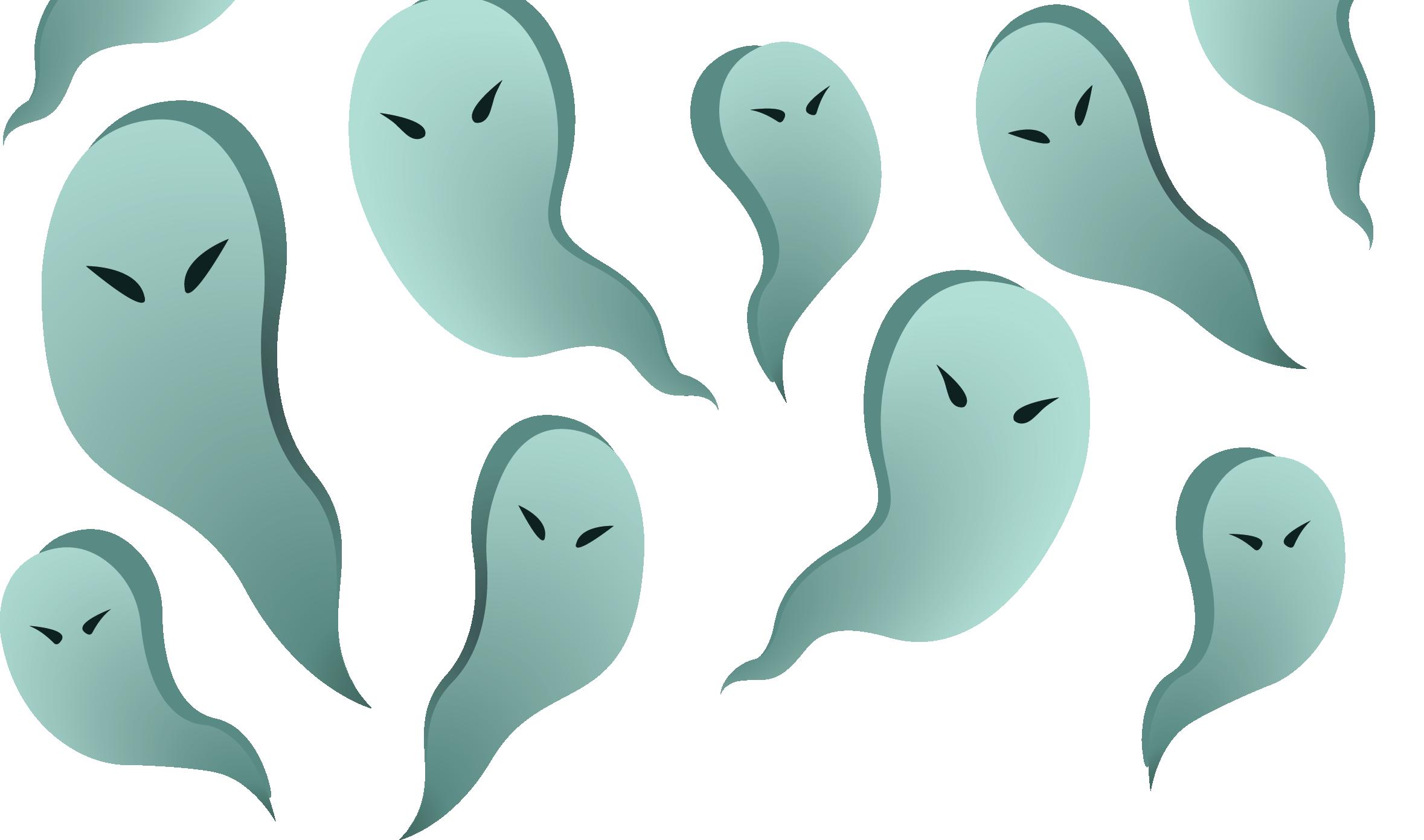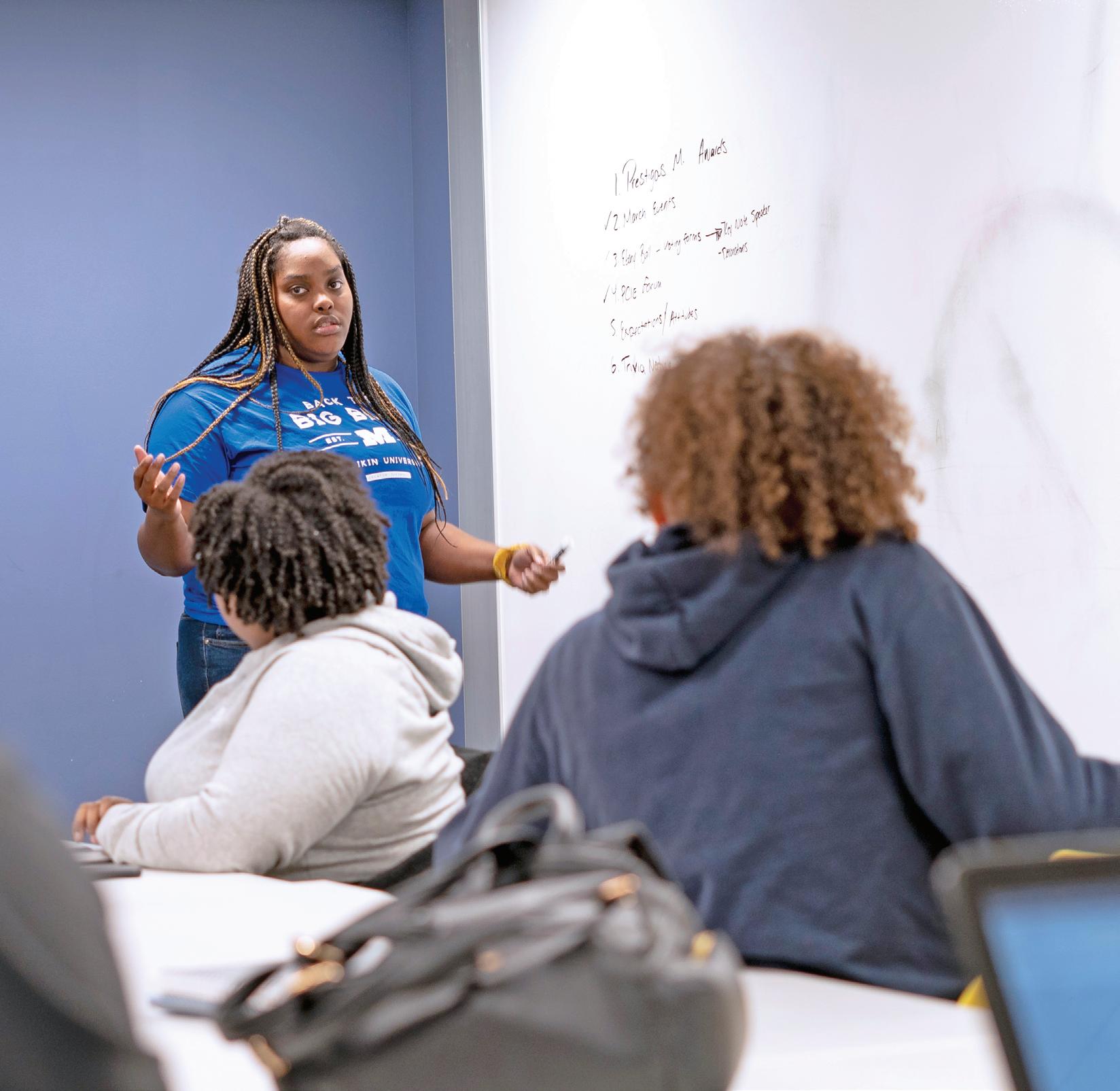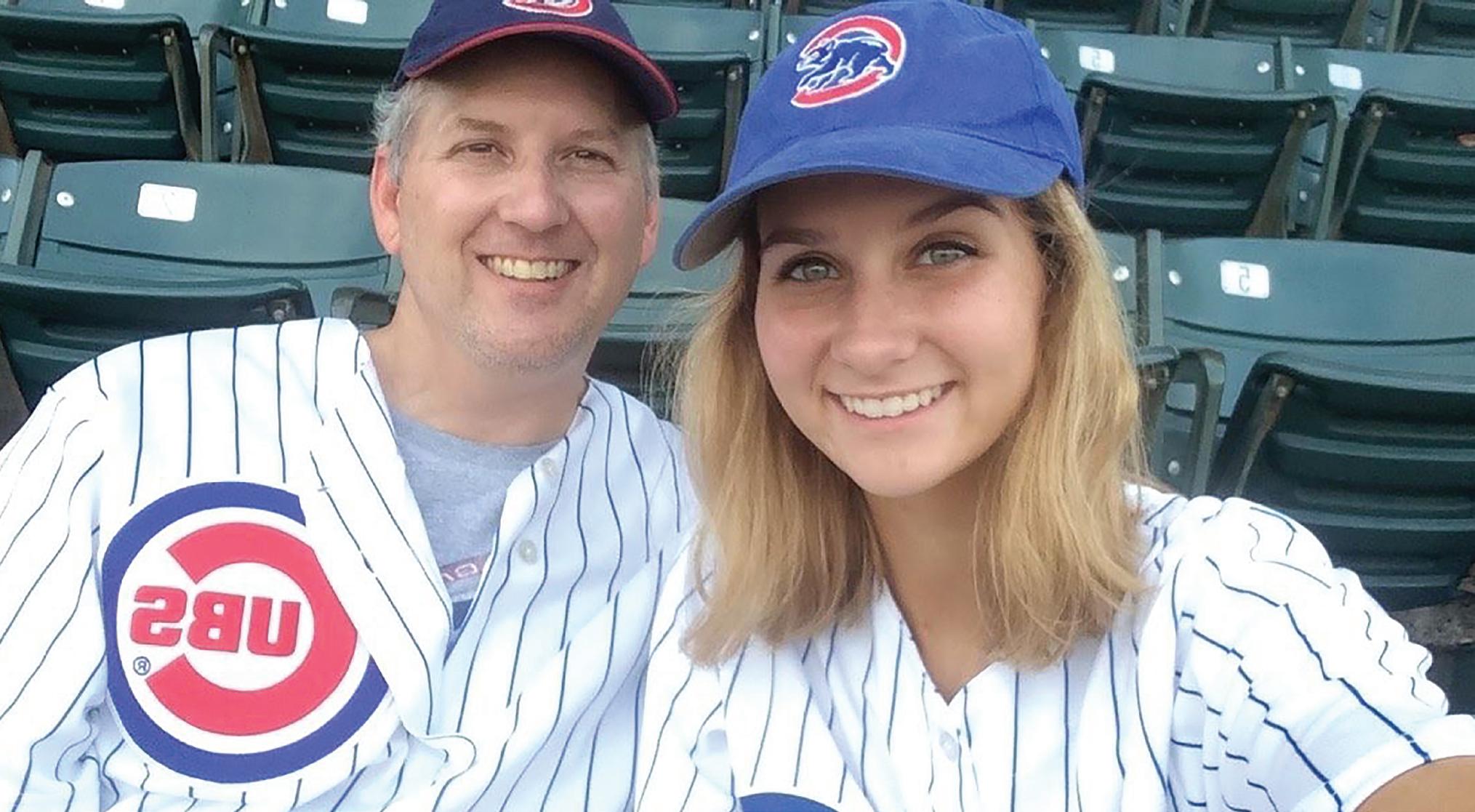
4 minute read
To Batter a Boy
TO B AT T E R A BOY Beating me into the couch, he raises his fists again and again— without fail, without hesitation, without care—like hail in the deepest winter storm.
I laugh at my brother and the futility of his rage. I laugh because what else can I do when I know tears only urge him to hit harder? When complaint causes only a temporary and pointless pause that enables him to brood and increase his anger and nothing more? I laugh because the sound is the only way for me to win. All I did was beat him in our video game, but he responds by beating me where he can. That means a fight—always. A fight where I don’t participate. He beats me to feel superior, but he will never win. I refuse to lose our mental war. I know he intends to drag me down, and I let him in order to keep our parents out of the mess. I talk less. I close myself into my safe place where he can’t reach me, and I build defenses he can’t punch his way past.
Advertisement
To our friends’ amusement, he tries to drown me repeatedly. I rise to the surface sputtering, angry, and scared. They don’t help. They laugh at me for my supposed weakness.
He puts me in a choke hold, which he does whenever he is angry, but I can learn to breathe through a covered mouth and closed nose. I get the little bit of air necessary to fight. My jaw cracks while I try to bite him and prevent his arm from closing around my throat.
He traps me against the trash can as we struggle, and he knees me while I jump backwards as far as possible. That bruise lingers for months. He says, “I wouldn’t have hit you so hard if you hadn’t jumped.”
He steps out of our parents’ room while pointing their pistol at my little sister and me. He laughs when we go on the defensive. She’s too young for this to happen to her, but he laughs and teases.
He leaps out of the car he is maneuvering out of the driveway. He rips open my door and pulls at me. He yells that if I have a problem with him, I should do something about it. He tells me to punch him. I talk with him and allow him time to relax. He persists. I give him the final warning by inching my foot back to support the hit. He notices and hesitates. I’m stronger than I used to be. He pushes me, so I hit him. He appears stunned for a few seconds, recovers, and charges blindly in a weak attempt to throttle me to the ground. I let him take us down, and we grapple. I wrap my legs around his throat, crushing it. I’m sick of him. By Alexander Collins
I want him gone, and no one is doing anything to help. He struggles more, so I use my knees around his head to crush him further. I want this to be the end. I think of my parents. I think about how sad they will feel to see me go. I ease the pressure and settle myself.
Those experiences litter sections of my past. They define me to an extent. The bitter memories taint my interactions with people. My reality differs from theirs. I don’t know what they will do if I open myself to them. Yet in the two and a half years I have attended Millikin University, I have transitioned from hating everyone and everything to making friends I love, trust, and respect. I feel comfortable in my own skin without having to always anticipate that criticism will lead to fights. The difference between my encounters with people during childhood and my current friendships is mind-blowing, and I realize the importance of relationships.
The hardest parts of bridging that gap are uncertainty and fear. I always question myself and my value. My worries only worsen the more I care about someone, but I can handle it now. I can accept those feelings and move past them. I can maintain security with myself in my friendships, and I have grown daring enough to attempt romance. Those were two fears I thought I would never overcome, and I’m overwhelmed with relief and joy when my friends validate me. They tell me I’m not wrong for contending with mixed emotions or feeling angry with someone, and they keep me level enough to choose the right path in the midst of those emotions. I have restored my inner strength and gained the support of wonderful friends. Now all I can do is continue moving forward.
If you or someone you know is suffering from abuse, these national and local resources are here to help:
National Domestic Violence Hotline 800-787-3224
Dove, Inc. 217-428-6616
Campus Conduct Hotline 866-943-5787
Raphaella Prange Dean of Student Development UC 358









